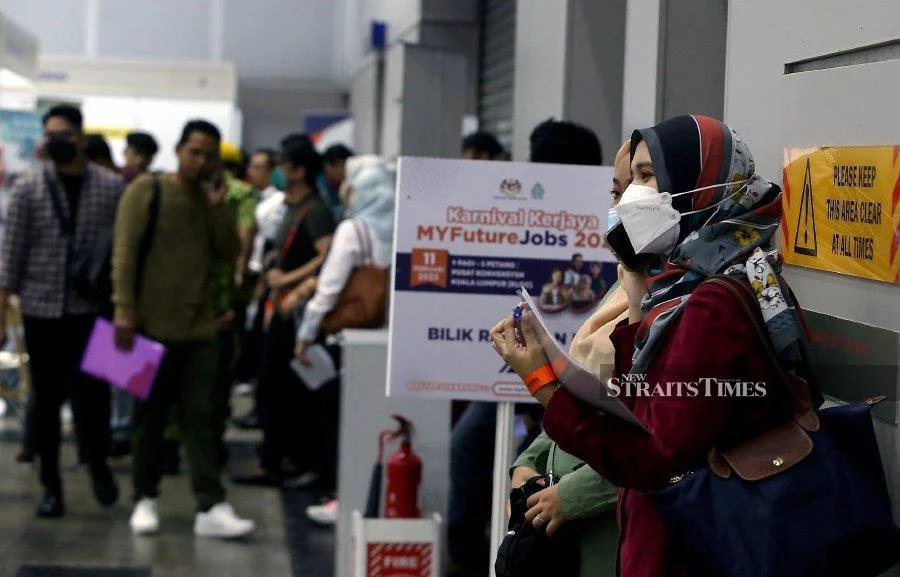
As employees are likely to stay with companies that offer a clear path for advancement and fair compensation.-NSTP/HAIRUL ANUAR RAHIM
RAISING wages is crucial to lift the living standards of low-income groups and reduce income inequality.
It is an antidote to structural issues in the Malaysian economy such as youth unemployment.
The government is exploring the potential of a progressive wage model (PWM) that will help middle-wage workers, particularly semi-skilled ones. Their wage growth has been the slowest.
Data shows that a growing number of workers earn less than the median wage. In 2021, the figure was 52 per cent.
PWM can solve this problem. It fosters equitable wage growth, bridges income disparity, and promotes long-term economic stability.
PWM provides a structured framework for career advancement and wage growth. It links wage increases to the development of skills and productivity.
Workers have the opportunity to enhance skills and earnings, and improve job security. Firms benefit from a more motivated and skilled workforce.
The model encourages investment in employee development.
It also helps attract and retain talent, as employees are likely to stay with companies that offer a clear path for advancement and fair compensation.
However, wage policy reform requires inclusive and efficient governance.
Wage levels and structures should ideally be regulated and monitored at pre-employment, employment and post-employment levels.
The current minimum wage order applies only to the private sector. It does not affect other parts of the labour market.
So we need to have a body that monitors wage ecosystems for a fair distribution of wealth.
Australia and Singapore have such structures in place.
The Fair Work Commission in Australia plays a pivotal role in governing the end-to-end wage ecosystem.
The independent statutory body sets and reviews minimum wages and workplace conditions, ensuring fair remuneration across industries and occupations.
In determining wage adjustments, the commission assesses economic conditions, labour market trends and the needs of both employees and employers.
It also resolves workplace disputes and offers expert guidance on employment-related matters, fostering a balanced and harmonious labour environment.
The commission plays a crucial role in safeguarding the interests of Australian workers and fostering a sustainable and just wage ecosystem.
Malaysia, too, needs an independent wage commission to regulate, monitor and recommend fair-wage levels.
Any wage intervention based on current rules of governance will encounter difficulties.
If we carry out the PWM policy without a strong governing body, we will likely fragment wage governance and complicate the situation.




